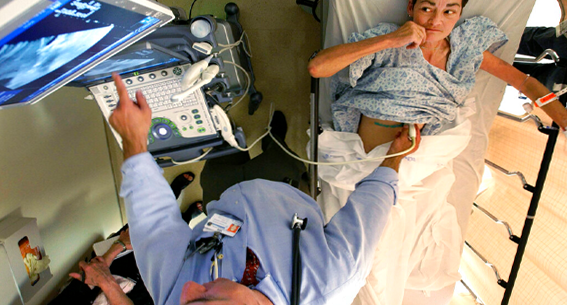I think machine interpretation of 2D path slides is going to be feasible far before 3D/cross sectional imaging. Yet nobody seems to talk about much of pathology being automated in our lifetime.
I think
midlevels taking over screening colonoscopies, even if still required to be practicing under a GI doc supervising, is a threat to their cash cow for sure. The business model that took over in Anesthesia where one doc is available to help as-needed while several rooms have CRNAs running routine procedures, could easily translate to screening scopes and other common low risk procedures.
Same for derm biopsies, injections, light treatments etc.
Psychiatry seems like legislation could let midlevels put up a shingle and compete head to head for private practice, bread and butter outpatient care for mild-moderate depression, anxiety, ADHD etc.
The things that are really insulated are the ones with high stakes and long, specific training. Stuff like critical care, surgeons, oncologists.
The warning sign to watch out for will be midlevel residency programs becoming common place. For example, if you see some academic centers start 1-2 year
training programs for NPs on how to do colonoscopy sceening/biopsies, you might start to wonder about who will be doing most of America's screening scopes in 20 yrs.



